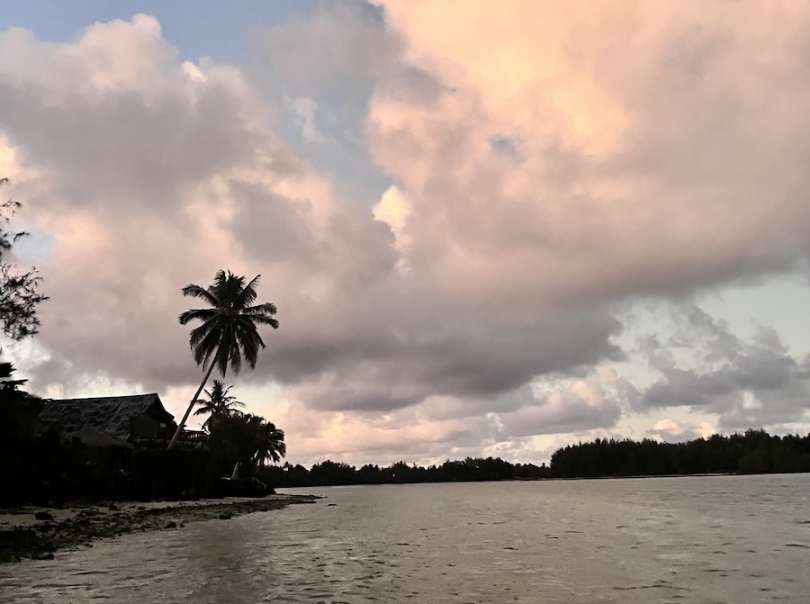
What Is Linguistics Anyway?
I always tell my tour groups when I introduce myself that I'm a linguistics major. Sometimes, that means I get to meet a prospective student who's also super excited about linguistics, which I LOVE, but more often than not, the first question I get is from someone who wants to know what that is and/or how many languages I speak. Linguistics is definitely a bit of a niche field, and most high schools don't offer linguistics classes, so it makes sense that not everyone has heard of it. Because of that, I thought I'd write a post about what the field of linguistics entails and what studying it at Dartmouth is like!
Most importantly, linguistics is defined as the scientific study of human language. This encompasses lots of subfields: phonetics, phonology, morphology, syntax, semantics, discourse analysis, sociolinguistics, language revitalization, language acquisition… if I listed them all right now, we'd be here all day! While the added perspective of knowing more languages absolutely gives you an advantage in studying linguistics, linguistics itself isn't just learning to speak lots of languages. For instance, I only speak English and French (though I have ten different languages going on Duolingo at the moment just for fun). Though I ultimately hope to learn many more, I've been able to work with data from all sorts of languages for classes and research jobs, as linguistics classes end up being more about pattern recognition and deductive reasoning than about actually speaking any given language. What was so fun about LING 1: Introductory Linguistics, for instance, is that every assignment felt like a logic puzzle, just with real-life language data. I love logic puzzles, so I had fun in that class every day, and I continue to have fun in my other linguistics classes!

Studying linguistics at Dartmouth, in particular, has been nothing short of dazzling. I have so many good things to say about all of our linguistics professors and every single course I've taken, but the very first highlight that comes to mind is absolutely the opportunity I had earlier this year to study linguistics in Aotearoa, New Zealand, and the Cook Islands. During the first six weeks of the program, the nine Dartmouth linguistics students on the program had the chance to take an introductory spoken Māori course at the University of Auckland with Prof. Makere Thompson. Then, for the final month, the nine of us lived together in a house on Rarotonga in the Cook Islands, doing elicitation and documentation work with speakers of Cook Islands Māori at the University of the South Pacific, a project headed by the brilliant Dr. Sally Akevai Nicholas and Dartmouth's own Prof. Rolando Coto Solano. This study abroad opportunity, unique to Dartmouth, was something I'd read about before even applying to Dartmouth, so actually, getting on the plane to fly to Auckland (through Los Angeles and Fiji!) was not just a full circle moment but a dream come true.
Another full circle moment and a highlight of my time in the Dartmouth Linguistics department was definitely getting the chance to work as a teaching assistant for Prof. McPherson's section of LING 1: Introductory Linguistics in the Fall of 2022! I got to work with Dartmouth students across all years and majors in and out of office hours and help Prof. McPherson grade problem sets and exams. As much as I enjoyed the experience itself, I also really appreciated the way this job allowed me to revisit the concepts I'd originally learned in LING 1 two years ago and look back at how far I'd come as a linguistics student since then.
I'm nowhere close to done listing all the great experiences I've been able to have thanks to the Dartmouth Linguistics department; again, we'd be here all day, but those are a couple of the highlights, not to mention all the friends I've made, the free pizza I've eaten, and papers I've written! I have a couple of classes left in the major and couldn't be more excited to see what else there is to learn!

















